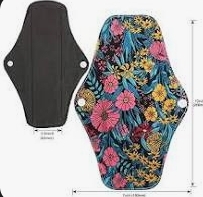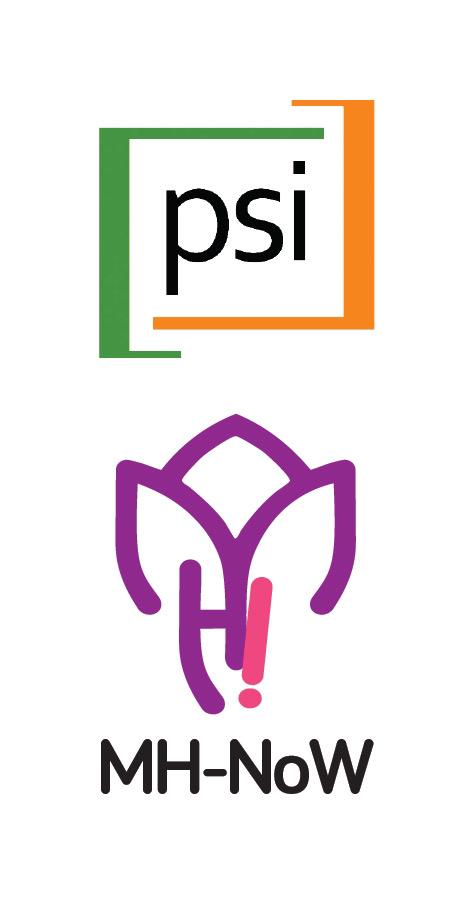Khadijah Aliyu
The soaring cost of sanitary pads in Nigeria is posing a serious threat to menstrual hygiene management, especially among low-income women and girls across the country.
The growing concern has sparked conversations about period poverty and the urgent need for government intervention and public awareness.
V-PeSDI, NGOs Tackle Period Poverty with Reusable Pad Training
In recent months, the price of sanitary pads has risen sharply, with an average pack now selling between ₦800 and ₦2,000, depending on location and brand, an increase of nearly 100% in some areas.
This surge has forced many women and girls, particularly in rural and low-income communities, to seek less safe alternatives such as rags, tissue paper, or even leaves.
According to Aisha Bashir and a 17-year-old student, Bilkisu Bello, the high cost of sanitary pads has contributed to the use of rags, which often causes discomfort and itching during menstruation.
PSI Nigeria Launches Menstrual Health Project in Kano State
“I used to buy a pack of pads for ₦500, but now I can’t find any under ₦1,000,” said Aisha Bashir
Bilkisu said, “Sometimes I stay home from school during my period because I can’t afford them.”
Healthcare experts warn that poor menstrual hygiene can lead to infections, reproductive health issues, and long-term psychological effects.
The inability to access sanitary products also causes school absenteeism and workplace disruptions, further deepening gender inequality.
A public health advocate, Dr Fatima Hassan, pointed out that Menstrual hygiene is a human right, not a luxury.
She hinted that, when sanitary pads become unaffordable, it is not just a health issue, but it becomes a social and economic issue.
Dr Fatima explained that using rags, tissue and leaves can lead to serious health implications.
“Especially if such items are not properly cleaned and spread under the sun”
She said that if properly used and maintained, the use of reusable pads will save money and reduce the burden of diseases often caused by a lack of proper menstrual hygiene.
“A woman can use a reusable pad for a long but she has to ensure that it is changed regularly washed and spread under the sun as using damp pads may lead to infections”
Activists and non-governmental organisations are calling on the federal government to remove taxes on sanitary products and support local production to reduce dependency on imports, which are subject to fluctuating foreign exchange rates.
Some states and civil society groups have taken action by distributing free reusable pads and launching menstrual hygiene campaigns in schools.
In Kano, the Population Services International in Nigeria, PSI, launched a menstrual hygiene campaign under its MH-NoW project, targeting over 200,000 women and girls across.
The Menstrual Hygiene Now (MH-NoW) initiative, implemented by the Population Services International in PSI-Nigeria, commenced a programme aimed at tackling menstrual poverty and promoting hygiene among young girls in Kano State.
The programme was aimed at empowering over 200,000 girls and young women with reusable sanitary pads and menstrual education.
According to the state support officer, Kano Amina Sabi’u Musa, MH-NoW focuses on adolescent girls and women aged 10 to 24 to improve access to safe, reusable sanitary products in underserved communities.
“This project is being implemented in several Nigerian states. In Kano, our focus is on 15 communities across Ghari, Tsanyawa, and Nasarawa Local Government Areas,”

She warned that without urgent and coordinated action, millions of Nigerian girls and women will continue to suffer the silent consequences of something as natural and as basic as menstruation.
However, the Kano state government, through the Ministry of Women Affairs, Children and the disabled, pledged to collaborate with NGOs and all relevant stakeholders to mitigate menstrual poverty through enlightening and training students in the use of reusable pads.
According to the Deputy Director of Research and Statistics at the Kano State Ministry of Women Affairs, Children, and Disabled, Alhaji Zubair Abdulmumin Zubair, proper use of reusable pads can reduce menstrual poverty and restore dignity and confidence among girls.





